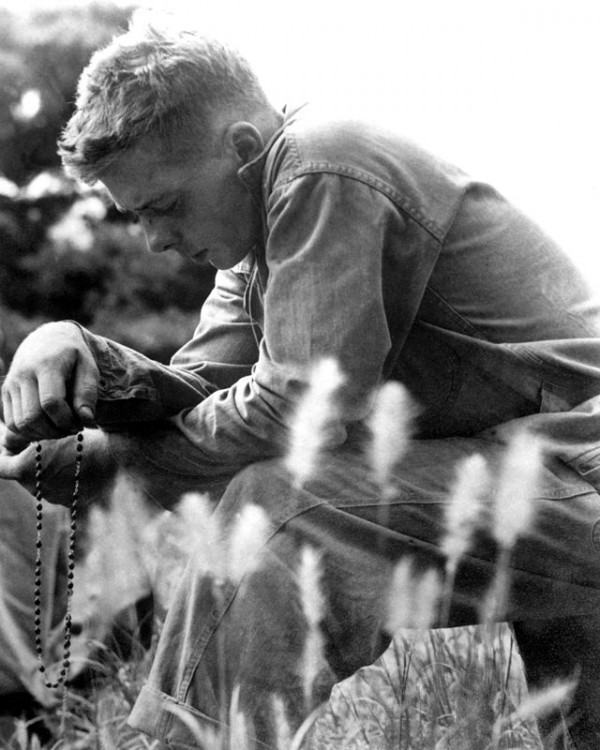The Jesus Prayer has several special properties. First of all, it contains the presence of the name of God in it.
We often think of the name of God as if by habit, unthinkingly. We say: “Lord, how tired I am” or “God is with him, let him come another time” – completely not thinking about the force that the name of God possesses. Meanwhile, already in the Old Testament it was commanded: Thou shalt not take the name of the Lord thy God in vain (Exodus 20:7). The ancient Jews related to the name of God with the utmost reverence. In the era following the liberation from the Babylonian captivity it was generally forbidden to pronounce the name of God. This right was reserved to the high priest alone, one a year, when he entered the Holy of Holies, the main sanctuary of the temple. When we turn with the Jesus Prayer to Christ, our pronunciation of the name of Christ and the confession of Him as the Son of God has a completely different significance. This name should be pronounced with the greatest of reverence.
Another property of the Jesus Prayer is its simplicity and accessibility. For performing the Jesus Prayer, one does not need any specialized books, not a special place or time. This is its great advantage over many other prayers.
Finally, there is one more property distinguishing this prayer: in it we confess our sins: “Have mercy on me, a sinner.” This point is very important, because many of our contemporaries absolutely do not feel their sinfulness. Even at Confession one frequently hears: “I don’t know what to repent of: I live like everyone else; I don’t kill or still,” and so on. Meanwhile, it is our sins, as a rule, that are the causes of our major ills and sorrows. One does not recognize one’s sins because one is far from God, like in a dark room we do not see either dust or dirt; but when you open a window, you discover that the room long ago needed cleaning.
The soul of man, far from God, is like a dark room. But the nearer one comes to God, the more light comes into one’s soul, and the more sharply one feels one’s own sinfulness. And this happens not because one compares oneself with other people, but because one stands before God. When we say: “Lord Jesus Christ, have mercy on me, a sinner,” we as it were place ourselves before the face of Christ, comparing our life with His life. And then we will indeed feel ourselves to be sinners and can, from the depth of our hearts, offer repentance.
Translated from the Russian.




















